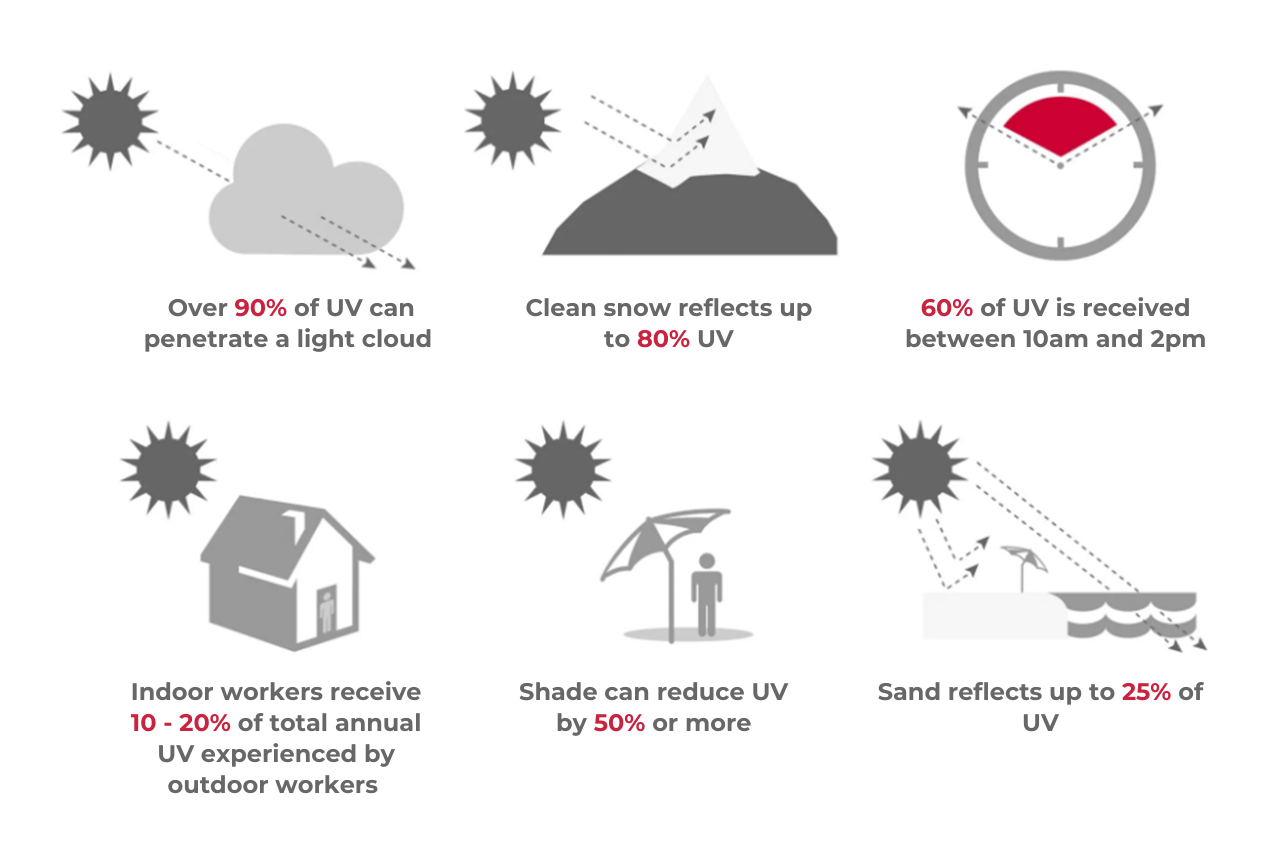You can’t see it, but your skin can sure feel it. The sun is powerful enough to reach your skin and leave your elastin, collagen, and melanin production askew. This is why sunscreen is necessary. Whether indoors or outdoors, in monsoons or winters, when it's overcast, or even under makeup - sunscreen is vital.
Keynotes:
- Daily sun protection helps you dodge UV damage like aging, pigmentation, and skin cancer. It’s vital to use sunscreen even on cloudy days or indoors.
- UV exposure can leave you with long-term damage, including wrinkles and DNA mutations; sunscreen blocks harmful rays.
- Sunscreen helps your skin health by preventing aging and dark spots and promoting smooth texture.
- Everyone requires sun protection, regardless of skin type or tone.

